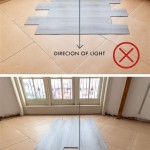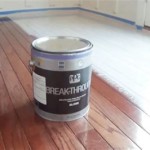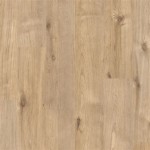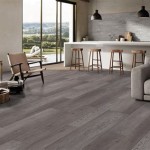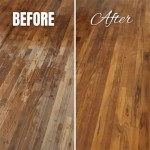Choosing the Right Flooring for Your Damp Basement
A damp basement is a common problem for homeowners, and the right flooring can help to prevent further damage and create a more comfortable living space. When choosing flooring for a damp basement, there are several important factors to consider, including the level of moisture, the type of subfloor, and the desired aesthetic.
1. Moisture Level
The first step in choosing flooring for a damp basement is to assess the level of moisture. If the basement is only occasionally damp, you may be able to get away with a less moisture-resistant flooring option. However, if the basement is frequently damp or wet, you will need to choose a flooring material that is specifically designed to withstand moisture.
2. Subfloor Type
The type of subfloor you have will also affect your flooring choices. If you have a concrete subfloor, you will need to choose a flooring material that is compatible with concrete. If you have a wood subfloor, you will need to choose a flooring material that is compatible with wood.
3. Desired Aesthetic
Once you have considered the moisture level and the subfloor type, you can start to think about the desired aesthetic for your basement. There are a wide variety of flooring materials available, so you can choose a material that matches the style of your home and your personal preferences.
Here are some of the most popular flooring options for damp basements:
- Vinyl flooring is a great option for damp basements because it is waterproof and easy to clean. Vinyl flooring is also available in a wide variety of styles, so you can find a look that matches your home.
- Tile flooring is another good option for damp basements because it is waterproof and durable. Tile flooring is also easy to clean and maintain.
- Laminate flooring is a less expensive option than vinyl or tile flooring, but it is not as waterproof. Laminate flooring can be damaged by moisture, so it is important to choose a laminate flooring that is specifically designed for damp areas.
- Concrete flooring is a durable and affordable option for damp basements. However, concrete flooring can be cold and uncomfortable underfoot, so it is important to add a rug or carpet to the floor.
No matter what type of flooring you choose, it is important to install it properly to prevent moisture damage. Be sure to follow the manufacturer's instructions and use a waterproof sealant around the edges of the flooring.

The Best Flooring Options For Your Basement America

Selecting The Best Basement Flooring Next Day Floors

5 Best Flooring Options For Basements Floors2day

What Is The Best Flooring For Basements Get Pros And Cons

How To Choose The Right Floor For Your Basement Gc Flooring Pros

Best Flooring For Basements That Flood Try Waterproof Vinyl

What Kind Of Flooring Should I Use To Finish My Basement Ozburn Hessey

Best Basement Flooring Options Forbes Home

4 Of The Best Options For Basement Flooring In Your Home Reallyfloors America S Est Hardwood

The Best Flooring Options For Your Basement From Forest Llc
See Also
